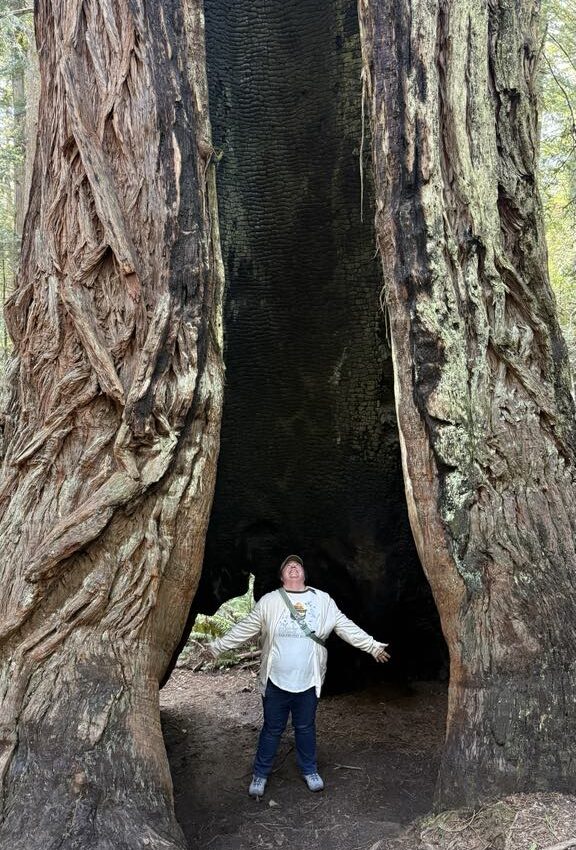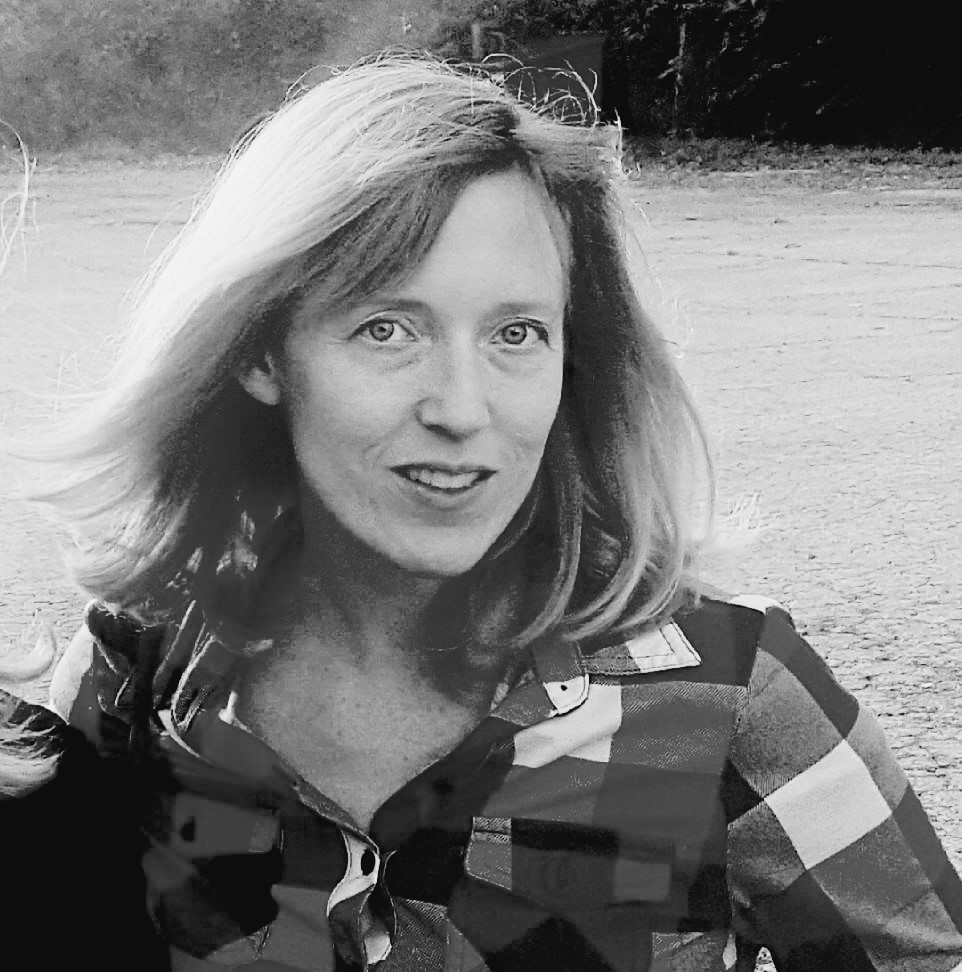Writing is tricky. The process is unique to each writer. And just when you think you understand it, it changes. It churns. It dives. It flows. Following just one route never works. How can you stay the course when the course evolves in front of you? It changes its state of matter. It becomes something new. The writer must, too. Writing is an evolution with no end. So, if I were to write on my process in a year, in a week, even tomorrow, I don’t know if I would write the same thing. I don’t know what I would say. But these are the parts I have now:
The first part is the planning. It’s hard to think of the whole thing: a story, a book, or an article. I don’t look at it as its finished product. At least, I try not to. If I do, it won’t get done. It’s this shadow I carry around on my back. It hovers over me. It weighs me down. So, I’ve trained to take it in small doses. I think of it as a little goal for the day instead of mapping out a task. Some writers love mapping. They are cartographers of words. I’m not that writer. Today I’ll write 400 words…today I’ll write a paragraph… Each day is different. And I don’t plan. I try to meet my goal.
It took me a while to develop this trick. And it is a trick. It’s a trick I play on myself. The task never changes. It stays as it was: a story, a book, or an article. But just reframing how I see it changes it from a shadow to a flicker. A flicker is harmless. It’s a blink. It’s gone in an instant and bares no weight. And when it’s gone it doesn’t leave a mark. And I can carry a flicker more than I can carry a shadow.
The next part is purpose. For a long time I wrote because I wanted a result. I wanted that novel to be wrapped up with a ribbon to hand to a friend. I wanted that publication mark on a resume. I wanted that something for the piece I was working on. It was a goal I kept in my mind to keep at it. It was the carrot for my hard work. It was something I would get.
But it locked me in. I wrote for a reason that demanded an outcome. So, I wasn’t really writing. I was making a product. It took some time to realize just how boxed in that made me. The joy of it was gone. And the only thing left behind was this aching feeling of self-doubt.
We write because we love doing it. And the only time I should write is when I love what I’m writing. Being true and authentic is the most important element to the mix of the process. And it is the hardest to discover. The discovery of who you are, what you love, and what brings you joy when you write, is the only reason I keep going back each time. It is the only way it stays fun.
The last part is power. I wanted to write as a profession for the longest time. I wanted the title of writer. But that’s what turned me around in my purpose. I needed to make a product to get a reward; but with being a writer it wasn’t a reward. It was keeping the lights on. And my writing suffered under that pressure. It wasn’t mine. I wasn’t doing it for me. I was doing it for something or someone else. So, I stopped writing for others. I gave up the power. And with that a weight lifted off my shoulders. My writing really started to take shape. I had time. I had patience. I had the power to really dream. And I had the freedom to fail. Creativity never blooms under burden. Only when I let the burden go did the doors to unknown places become mine to open. And I could walk through them without fear.
Writing is a strange little trade. You dive into your creative soul. You pull out something from nothing. It can be the most playful or the most painful thing: to look at your words and reflect. So, I try to be kind to myself. I look at flickers. I write what I love. And I don’t make it a burden. I just do it because it’s fun. And my God, it’s so much fun.
 Brigette Stevenson is an author and teacher from Ventura County, California. She lives in an apartment with too many plants and not enough earth. She has poetry, essays, and prose published, as well as plays produced. If the world is a stage, then she is merely a player.
Brigette Stevenson is an author and teacher from Ventura County, California. She lives in an apartment with too many plants and not enough earth. She has poetry, essays, and prose published, as well as plays produced. If the world is a stage, then she is merely a player.
Brigette’s story “After the Burning” appears in Black FoxIssue 16.



